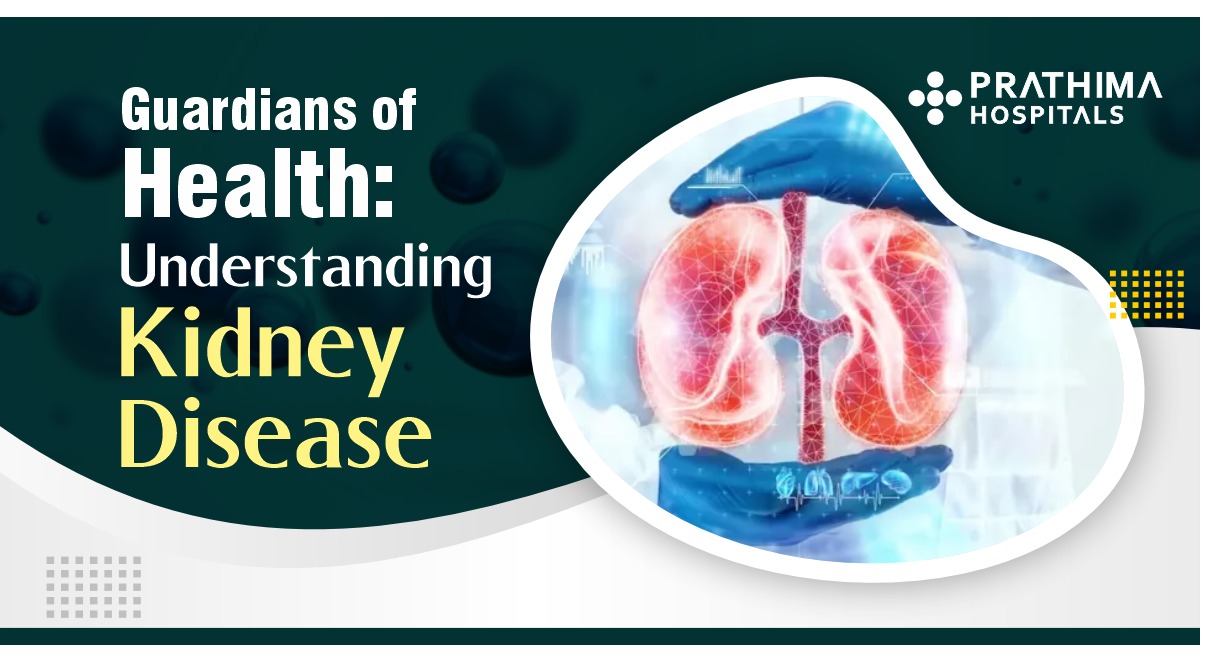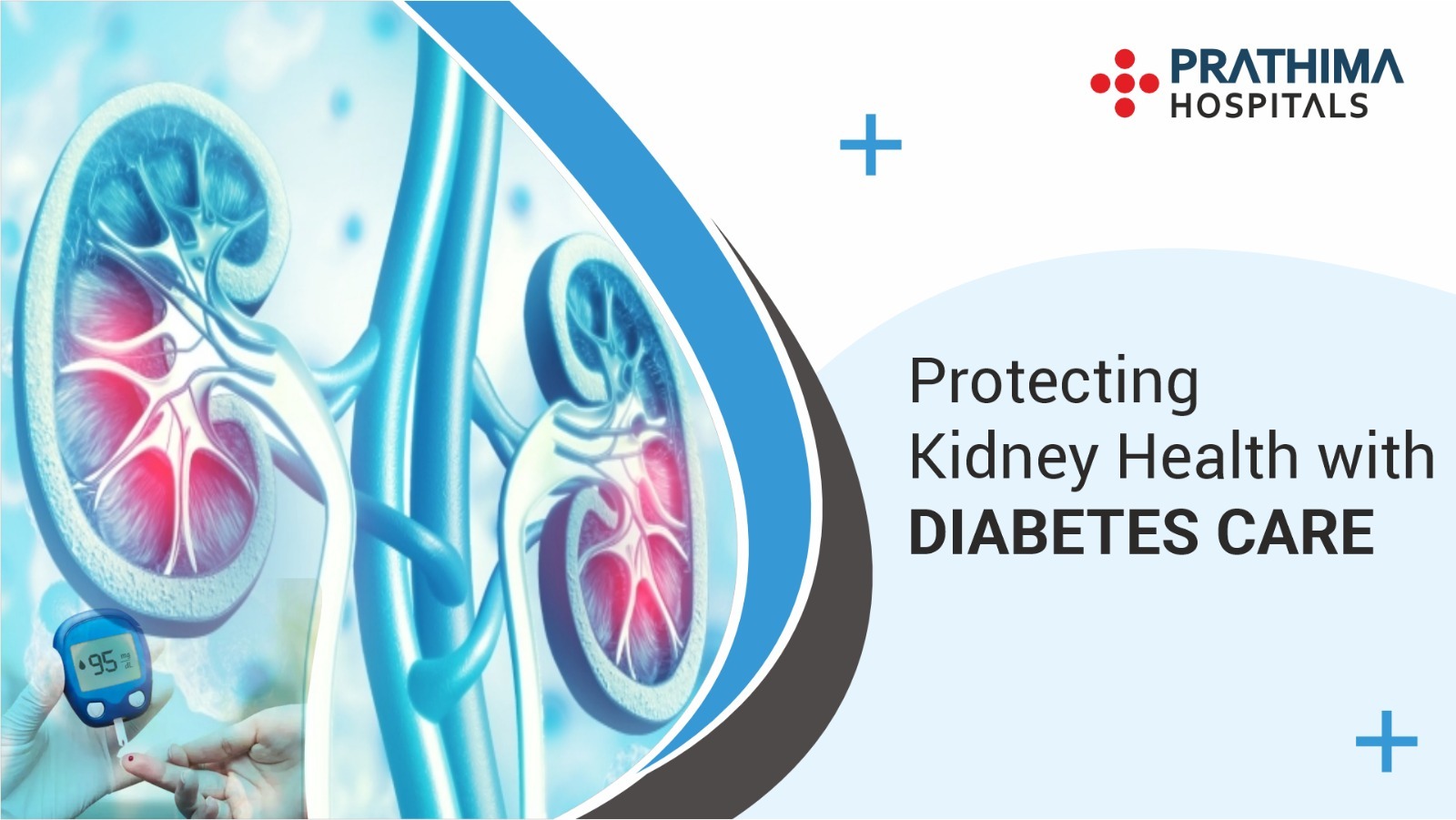How can I recognize the symptoms of appendicitis?

Know in Detail About Causes of Appendicitis!
Introduction:
Inflammation and swelling of the appendix, a small finger-shaped organ connected to the large intestine, results in appendicitis. The appendix is located in the lower right part of the abdomen, and its function is not entirely clear. However, when it becomes infected or obstructed, it can cause a variety of symptoms that require medical attention.
Appendicitis is a common condition that affects people of all ages, although it is more common in younger individuals. The exact cause of appendicitis is not known, but it is believed to be related to a blockage in the appendix, which can be caused by a variety of factors, including a buildup of stool, infection, or inflammation.
Symptoms of appendicitis can vary from person to person but typically include abdominal pain, loss of appetite, nausea and vomiting, fever, and a general feeling of malaise. The pain associated with appendicitis usually starts in the upper abdomen and then moves to the lower right side of the abdomen. The pain can be severe and is often described as a sharp, stabbing sensation.
Diagnosing appendicitis usually involves a physical exam, blood tests, and imaging tests, such as a CT scan or ultrasound. Treatment for appendicitis typically involves surgical removal of the appendix, which is known as an appendectomy. In rare instances, at the Best Gastro Hospital in Hyderabad the infection may be treated with antibiotics.
Several risk factors increase the likelihood of developing appendicitis. These include being between the ages of 10 and 30, being male, having a family history of appendicitis, and having a history of gastrointestinal issues.
If left untreated, appendicitis can lead to complications, such as the formation of an abscess or the rupture of the appendix, which can be life-threatening. Therefore, it is important to seek medical attention as soon as possible if you experience symptoms of appendicitis.
In this article, we will provide a comprehensive overview of appendicitis, including its causes, symptoms, diagnosis, treatment, and potential complications.
Causes of Appendicitis as per Gastroenterologist in Kphb:
The exact cause of appendicitis is not known, but it is believed to be related to a blockage in the appendix. This blockage can be caused by a variety of factors, including a buildup of stool, infection, or inflammation.
One common cause of appendicitis is an obstruction in the appendix. This can occur when a small piece of stool becomes trapped in the appendix, causing it to become inflamed and swollen. In some cases, the obstruction may be caused by a foreign object, such as a piece of food or a small stone.
Another common cause of appendicitis is an infection in the appendix. This can occur when bacteria invade the appendix and cause it to become inflamed and swollen. Different bacteria, such as E. coli and Streptococcus, have been known to cause infections.
In some cases, appendicitis may be caused by inflammation in the digestive tract. This inflammation can spread to the appendix, causing it to become inflamed and swollen.
Risk Factors for Appendicitis
Several risk factors increase the likelihood of developing appendicitis. These include:
Age: Appendicitis is more common in people between the ages of 10 and 30.
Gender: Males are more likely than females to develop appendicitis.
Family history: If someone in your family has had appendicitis, you may be more likely to develop the condition.
Gastrointestinal issues: People with a history of gastrointestinal issues, such as Crohn’s disease, may be more likely to develop appendicitis.
Symptoms of Appendicitis
There are different signs and symptoms of appendicitis, but most people experience the following symptoms:
Abdominal pain: The pain associated with appendicitis usually starts in the upper abdomen and then moves to the lower right side of the abdomen. The pain can be severe and is often described as a sharp, stabbing sensation.
Loss of appetite: People with appendicitis may experience a loss of appetite and may not feel like eating.
Nausea and vomiting: Nausea and vomiting are common symptoms of appendicitis and may occur in response to the pain.
Fever: A low-grade fever is a common symptom of appendicitis and may indicate the presence of an infection.
Constipation or diarrhoea: People with appendicitis may experience changes in bowel habits, such as constipation or diarrhoea.
The general feeling of malaise: People with appendicitis may feel generally unwell and may experience fatigue or weakness.
Diagnosing Appendicitis
Typically, a physical examination, blood tests, and imaging tests like a CT scan or ultrasound are used to diagnose appendicitis. During the physical exam, Dr. Busani Varun Gastroenterologist in Kachiguda will check for signs of inflammation in the abdomen, including tenderness, swelling, and a palpable mass.
A white blood cell count can be used to detect signs of infection through blood tests. Imaging tests, such as a CT scan or ultrasound, may be used to confirm the diagnosis of appendicitis and to rule out other conditions that may cause similar symptoms.
Treating Appendicitis
Treatment for appendicitis typically involves surgical removal of the appendix, which is known as an appendectomy. The infection may occasionally be treated with antibiotics.
During an appendectomy, the surgeon will make a small incision in the lower right side of the abdomen and remove the appendix. The surgery is usually performed under general anaesthesia, and most people can go home the same day or the day after the surgery.
In some cases, the appendix may rupture before the surgery can be performed. In these cases, the surgeon may need to drain any fluid or pus that has accumulated in the abdomen before removing the appendix.
After the surgery, most people can resume their normal activities within a few days. However, it is important to avoid strenuous physical activity for several weeks after the surgery to allow time for the incision to heal.
Complications of Appendicitis
If left untreated, appendicitis can lead to complications, such as the formation of an abscess or the rupture of the appendix, which can be life-threatening.
An abscess is a collection of pus that forms in the abdomen. If an abscess forms in response to appendicitis, it may need to be drained with a needle or drained surgically.
If the appendix ruptures, it can cause the contents of the appendix to spill into the abdomen, which can lead to a condition called peritonitis. Peritonitis is a serious condition that requires immediate medical attention and can be life-threatening.
Preventing Appendicitis
There is no surefire way to prevent appendicitis. A number of steps, however, can reduce your chances of developing the disease:
Maintain a healthy diet and exercise regularly to promote overall health and reduce the risk of gastrointestinal issues.
If you start to suffer symptoms of appendicitis, get medical help right away.
If you have a family history of appendicitis, talk to Dr M Vijay Kumar Gastroenterologist in Kukatpally, about your risk and whether any screening tests are recommended.
Conclusion:
Appendicitis is a common condition that affects people of all ages. It is caused by a blockage in the appendix, which can be caused by a buildup of stool, infection, or inflammation. Symptoms of appendicitis can vary from person to person but typically include abdominal pain, loss of appetite, nausea and vomiting, fever, and a general feeling of malaise.
Diagnosing appendicitis is important to prevent complications and ensure prompt treatment. Treatment for appendicitis usually involves surgical removal of the appendix, known as an appendectomy. The infection may be treated with antibiotics in some cases.
If you encounter appendicitis symptoms, it’s crucial to contact a doctor. If left untreated, appendicitis can lead to complications such as the formation of an abscess or the rupture of the appendix, which can be life-threatening. In addition, if you have a family history of appendicitis, it is important to talk to your Gastroenterologist in Hyderabad about your risk and whether any screening tests are recommended.
While there is no surefire way to prevent appendicitis, maintaining a healthy diet and exercise routine can promote overall health and reduce the risk of gastrointestinal issues. Additionally, seeking prompt medical attention when experiencing symptoms of appendicitis can prevent complications and ensure successful treatment.
.
.
.
.
For more details :
📞:: 733 733 6600 | 040 4345 4345
🌐:: https://prathimahospitals.com/book-appointment/





